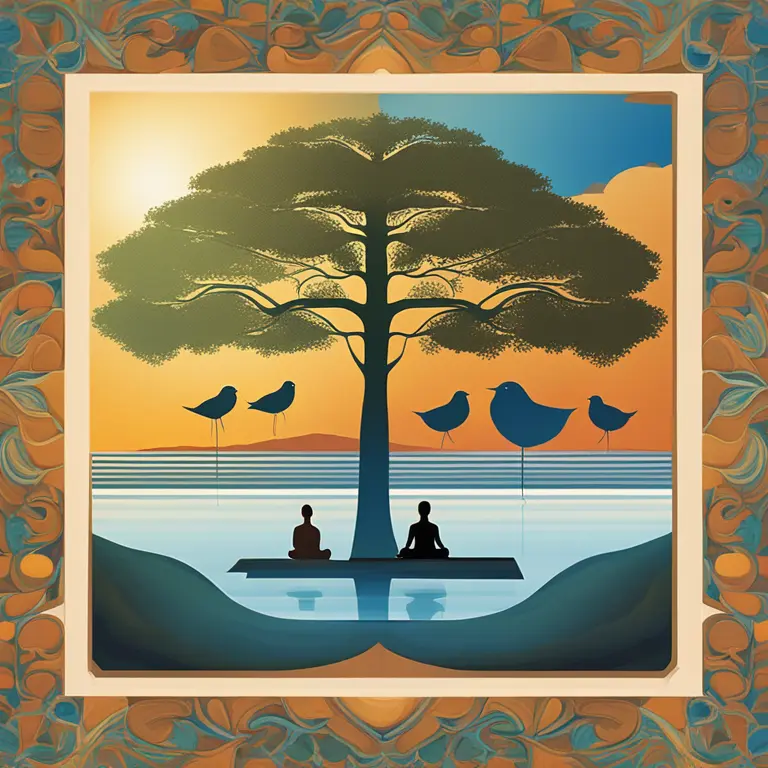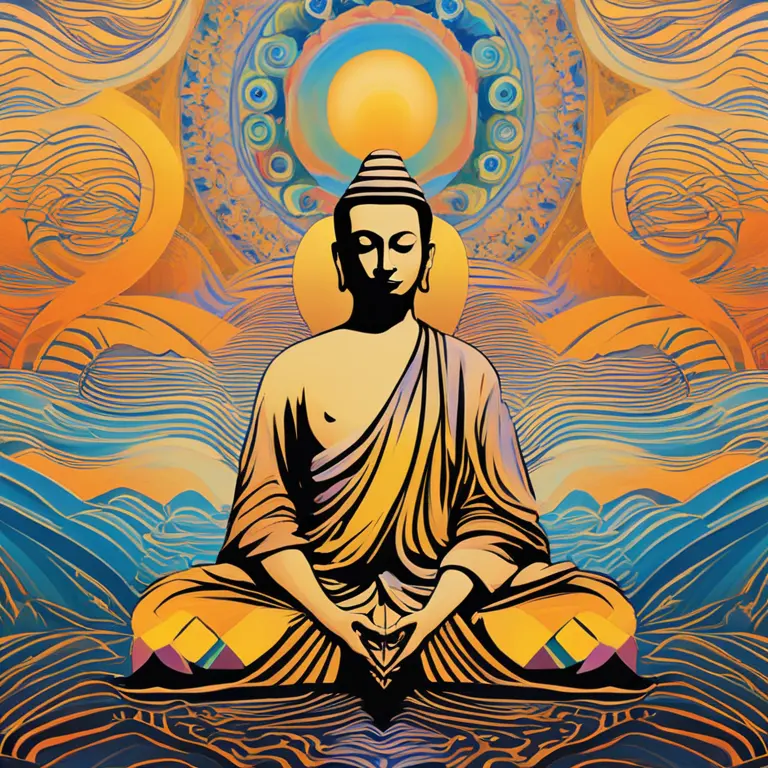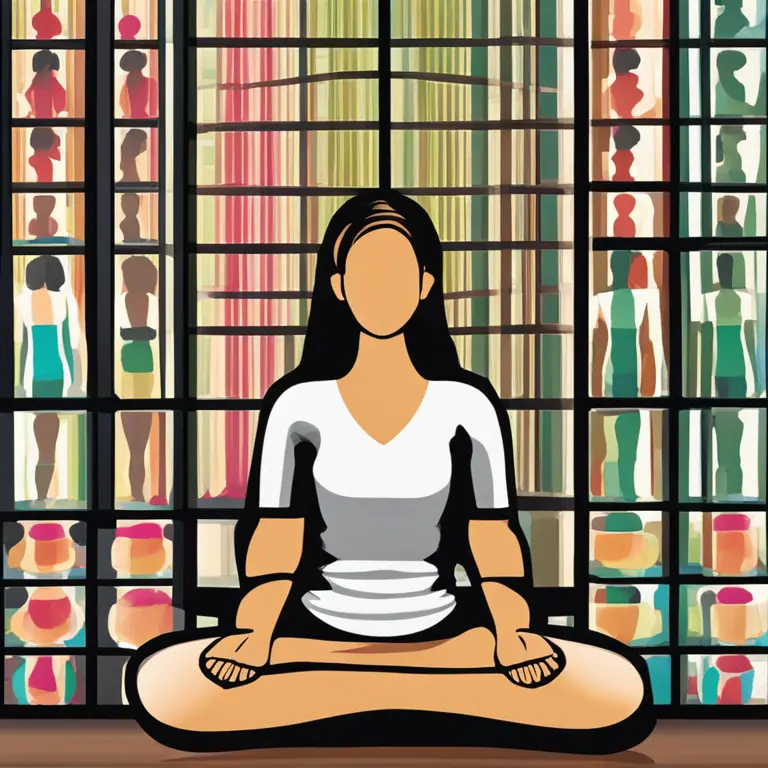
Varied Meditation Techniques for Inner Harmony
Discover the multitude of meditation methods designed to enhance peace, focus, and overall well-being in your daily life.
article by Hina Kurosawa
Meditation: A Path to Inner Peace
The art of meditation has traversed through centuries, offering a quiet escape from the clatter of daily life and a pathway to intrinsic tranquility. In recent years, its popularity has soared as individuals seek respite from the digital overload and pace of modern existence. While the core objective is universal—achieving a state of calm and centeredness—the routes to get there are diverse. Each meditative journey is unique, and finding the right practice is a deeply personal experience. As we continue in the year 2024, let us delve into the varied types of meditation techniques that are helping people find balance and peace.

Focus and Concentration Meditation
One of the most practiced forms of meditation is focused concentration. This technique involves zeroing in on a single point of reference. It could be the breath, a mantra, a visual object, or even the silent repetition of a single word. The purpose is to draw the attention away from distractions to foster a deeper sense of awareness and stability. It's not about eliminating thoughts but gently guiding the mind back to the focal point whenever it wanders. This traditional method enhances mental clarity and can be especially beneficial in our constantly connected, notification-laden era.

Mindfulness Meditation and Awareness
Mindfulness meditation, stemming from Buddhist teachings, has gained significant traction, particularly in the West. It encourages practitioners to observe wandering thoughts as they drift through the mind. The aim is to be present in the moment without judgment or engagement with the thoughts or feelings that arise. Through awareness of breath, body sensations, and thoughts, individuals learn to witness their patterns without getting absorbed by them. This practice improves emotional regulation and has been linked to a decrease in anxiety and depression.

Body Scanning and Progressive Relaxation
Relating closely to mindfulness is the body scan meditation or progressive relaxation, where focus is given to different parts of the body in succession. Generally starting from the toes and moving upward, the practice encourages releasing tension in each body part. Sometimes it might involve tensing the muscles before relaxing them to deepen the sensation of release. This technique not only cultivates bodily awareness but also serves as a useful tool for reducing physical stress, which is a prevalent concern in our desk-bound, screen-centric lives.

Spiritual Meditation: A Quest for Connection
Spiritual meditation is the quest for a deeper connection with a higher power or the universe. Although it has roots in religious practices, many people engage in spiritually oriented meditation outside of a religious context. It often involves a profound silence or the contemplation of metaphysical concepts, fostering a sense of belonging to something greater than oneself. This form of meditation can be a soothing balm for the existential challenges of modern society, providing a sense of purpose and community.
Movement Meditation: Kinetic Contemplation
Not all meditation requires stillness. Movement meditations, such as Tai Chi, Qigong, and certain types of yoga, combine active physical motions with meditative focus. The rhythmic, deliberate movements promote concentration on the present moment and embodied awareness. For those who find stillness challenging or feel more at peace while in motion, these practices offer an alternative route to mental tranquility. As we continue to blur the lines between physical and virtual reality, physical practices anchor us back into our bodies.
Mantra and Transcendental Meditation
Mantra meditation, an integral part of many traditions, involves the repetitive chanting of a word or phrase to anchor thoughts and foster a state of focused calm. Transcendental Meditation, a form of mantra meditation, has achieved global recognition for its standardized and accessible approach. Usually taught by a certified instructor, the practitioner uses a private mantra to transcend regular thought patterns. This technique claims to offer a range of health benefits and remains a popular choice for those seeking a structured practice.
Creative Visualization and Guided Meditation
Guided meditation and creative visualization present a narrative or scenario in the mind to evoke calming images and conjure positive sensory experiences. Often accompanied by a recording or instructor, these forms of meditation direct the imagination towards serene environments or outcomes, helping to reduce stress and anxiety. As virtual and augmented reality technologies advance in 2024 and beyond, they open up new possibilities for immersive guided experiences, blending ancient practices with futuristic innovation.
Published: 1/18/2024
Modified: 1/18/2024
More predictions
Come back here soon to learn more about yourself and your future


Meditation's Effect on Blood Pressure
Discover how meditation can contribute to lower blood pressure, offering a serene path to cardiovascular health in this in-depth article.


Meditation Techniques for Better Sleep Explored
Discover effective meditation methods to improve your sleep quality and embrace a more restful night with our guide.


Beginner's Guide to Effective Meditation Techniques
Discover the core techniques for successful meditation and enhance your spiritual journey with this beginner-friendly guide.